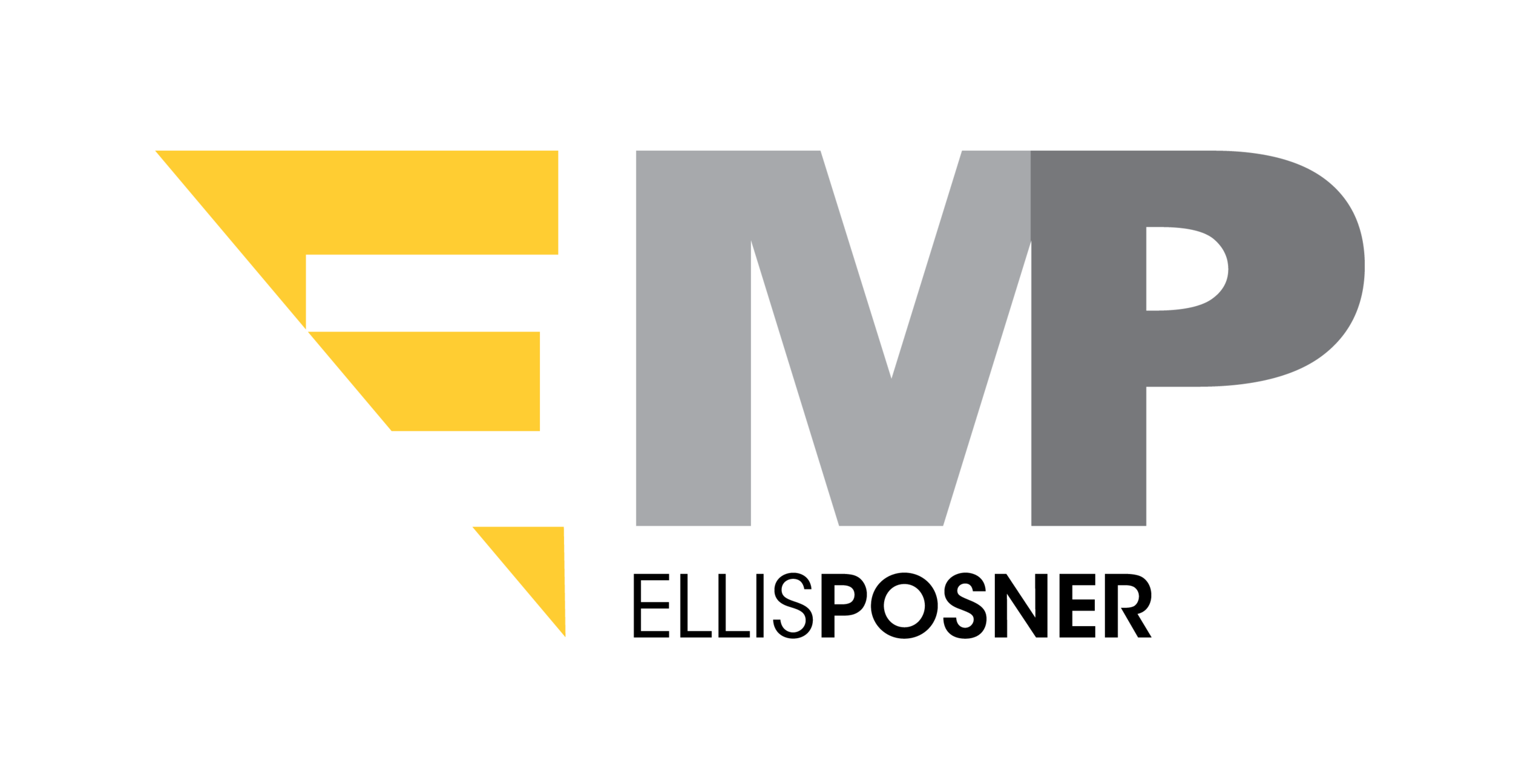Buyer Tip: You Don't Need 20% Down
Disclaimer: this is not an offer to make a loan. Check with a loan officer or mortgage banker as to your specific situation. You may or may not be eligible for the programs discussed in this post based on your credit score, employment and other factors lenders take into consideration. This information is to make home buyers aware of their options.
“There’s a common misconception that, as a homebuyer, you need to come up with 20% of the total sale price for your down payment. In many instances, Buyers can purchase with a lower down payment.”
A recent survey asked buyers what’s keeping them from purchasing a home. Over half of those surveyed say their biggest hurdle is the ability to afford a down payment.
That may be because those individuals assume a 20% down payment is necessary. While putting more money down if you’re able can benefit you as a buyer, putting 20% down isn’t always required.
According to the latest Profile of Home Buyers and Sellers from the National Association of
Realtors (NAR), the median down payment hasn’t been over 20% since 2005.
It may sound surprising, but today’s average down payment is only 13%. That number is even lower for first-time homebuyers, whose average down payment is only 7%.
The 20% myth is quite possibly the most damaging misconception in the market since it stops the buying process before it can start.
Let’s explore some other options.
FHA LOANS
An FHA loan is a type of government-backed mortgage loan that can allow you to buy a home with looser financial requirements. You may qualify for an FHA loan if you have debt or a lower credit score. You might even be able to get an FHA loan with a bankruptcy or other financial issue on your record.
For the purpose of this post, you can also get an FHA for as low as 3.5% down which is substantially lower than 20%.
To qualify for an FHA loan, in addition to 3.5% down payment, you might be able to get a loan with as low as a 580 credit score. And a 43% DTI ratio (although they have gone higher). An FHA loan is easier to get than a conventional mortgage.
You will pay a Mortgage Insurance Premium because you are putting down less than 20%. That makes FHA more expensive than 20% down mortgages.
With higher loan limits for 2022, $970,800 in LA County, you can actually buy a property for slightly over $1M and use FHA. And for most people coming up around $35K is going to be a lot easier than saving $200,000 for a down payment.
These loans are great for Single Family Residence (houses) but condos and townhomes may not qualify unless they already have FHA approval for the HOA and community. Please note - some lenders can do “spot” approvals (beyond the scope of this post).
VA LOANS
A VA loan is a mortgage offered through a U.S. Department of Veterans Affairs program. VA loans are available to active and veteran service personnel and their surviving spouses, and are backed by the federal government but issued through private lenders.
VA loans do not require any down payment. There is a “funding fee”.
LESS THAN 20% DOWN LOAN
There are loan programs for both conventional and jumbo loans allowing as little as 5%. These vary by lenders and the borrower’s credit and earning profile. Some of these programs have a charge for Private Mortgage Insurance (PMI) while others build it into the rate.
These loans are a great option for borrowers having good cash flow and earnings but not a lot of available cash. And you aren’t limited to just 5%. You can put any amount down.
A popular variations that Buyers might put down let’s say 10% and then get a second mortgage for 10%. The benefit of this approach is that the borrower can avoid PMI and get the lowest possible rate on the first mortgage - which is at a 80% LTV.
HERE’S THE DATA
IF YOU ARE ON THE FENCE ABOUT BUYING
With the average 30-year fixed mortgage rate now above 6% and poised to go even higher, rising rates are one of the big topics of discussion in the housing market today. But as a homebuyer, what do high mortgage rates really mean? Should these rates stop you from buying?
To start with, you might be able to have the seller pay “points” (as a closing cost credit) to buy down your rate. If you are not familiar with that concept - check out this article.
Another option is getting an adjustable rate mortgage - particularly if you can get a 7 or 10 year initially fixed rate. Chances are rates will dip sometime during that window and you can refinance or just let your mortgage adjust lower when the time comes.
The same theory holds if you secure a fixed rate. Chances are at some point rates may be lower than they are today and you can refinance. But that’s a calculated risk and you are best served reviewing your options with you financial advisor.
